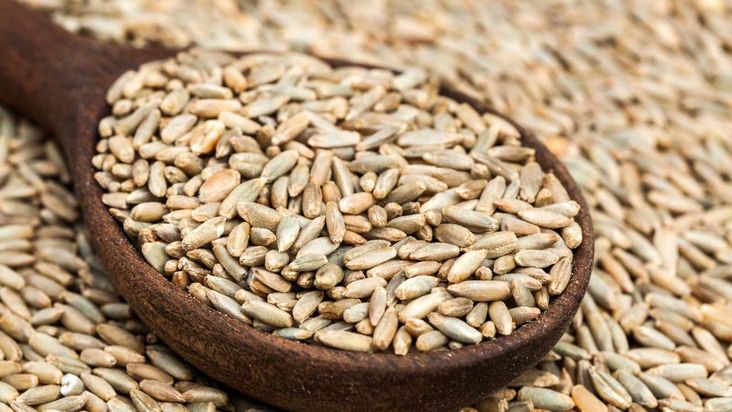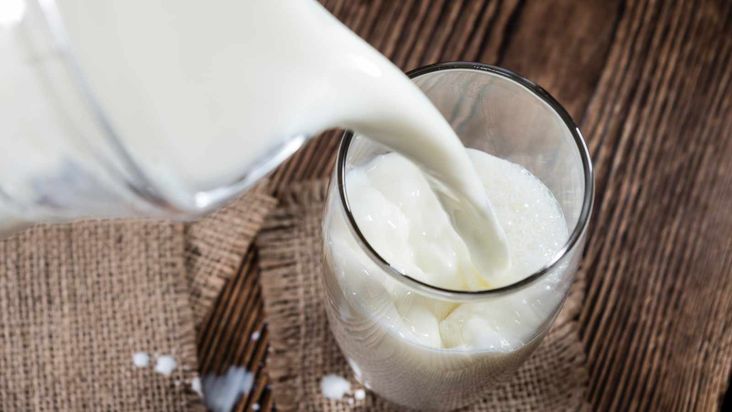The title could be rewritten as: “15 Foods That May Heighten the Likelihood of Depression
Depression is a prevalent mental disorder that impacts countless individuals globally. It is characterized by persistent feelings of sadness and a loss of interest. The influence of certain foods on mood and mindset should not be underestimated, as they may potentially heighten the risk of depression. Let’s take a closer look at the foods to be mindful of.
Sugar

Excessive sugar intake can cause fluctuations in blood sugar levels, causing mood swings, irritability, and fatigue. A high-sugar diet can lead to inflammation in the body, which has been linked to higher rates of depression. Over time, sugar addiction can also cause lethargy and a decreased interest in activities.
Artificial Sweeteners

Artificial sweeteners, commonly in low-calorie products, may contribute to an increased risk of depression. While they offer a zero-calorie alternative to sugar, many artificial sweeteners can lead to imbalances in serotonin levels, a crucial neurotransmitter responsible for mood regulation.
Margarine

Margarine, particularly the versions high in trans fats, can impair the body’s ability to use essential fats correctly. These essential fats are crucial for brain health as they aid in brain cell communication and the regulation of mood.
Alcohol

Alcohol, while usually consumed for its temporary “feel-good” effects, can contribute to episodes of depression. Drinking alcohol leads to a reduction in serotonin, the body’s natural mood stabilizer. A decrease in serotonin can cause mood fluctuations, anxiety, and depression.
Rye

Consuming non-whole grain varieties of rye bread can lead to mood swings. Also, like other refined grains, rye has the potential to cause inflammation in the body, increasing the risk of depression. Be mindful of these effects when considering the inclusion of rye bread in your diet.
White Bread

White bread, an everyday staple in many diets, is made from refined flour. This processing strips the grain of its essential nutrients, including B vitamins, which help in mood regulation and the production of serotonin. Consuming white bread can lead to mood swings.
Salt

Excessive salt intake can disrupt the balance of natural chemicals and systems in the body, leading to depression. High sodium levels can affect the neurological system, impairing the body’s mood regulation. Also, too much salt can lead to high blood pressure and heart disease, which have been linked to depression.
Fried Foods

Fried foods are notorious for their high trans fats and low nutritional value. Regularly consuming fried foods can cause inflammation in the body due to the high fat content, and this inflammation can increase the risk of depression.
Coffee

Coffee, mainly when consumed in large quantities, can cause a risk of depression due to its high caffeine content. Caffeine can interrupt sleep patterns and lead to insomnia, which is a known risk factor for depression. It can also cause anxiety and nervousness, which can contribute to depressive symptoms.
Cheese

Processed cheese can contribute to depression due to its high saturated fat content. Consuming high levels of saturated fats can cause inflammation in the body, exacerbating depressive symptoms. Cheese also contains high sodium levels, which can disrupt the body’s neurochemical balance, negatively affecting mood regulation.
Wheat

Wheat, particularly in its processed form, can also contribute to an increased risk of depression. The high glycemic index of processed wheat can cause rapid spikes and crashes in blood sugar levels, leading to mood swings and fatigue. These mood fluctuations can, over time, increase the risk of depression.
Energy Drinks

With their high caffeine and sugar content, energy drinks can directly influence neurotransmitter systems in the brain that regulate mood. These beverages often cause an immediate ‘high,’ followed by a severe ‘crash .’This rollercoaster effect can exacerbate feelings of anxiety and edginess, which may worsen depression symptoms.
Vegetable Oil

Vegetable oils contain high levels of omega-6 fatty acids and low levels of omega-3 fatty acids. This imbalance can alter the structure of brain cells, disrupting their function and communication. The brain’s health and mood regulation rely heavily on optimal cell functioning. So, this disturbance can lead to mood disorders, including depression.
Whole Milk

Whole milk, while nourishing, is rich in saturated fats. An excessive intake of these fats can cause inflammation in the body. This inflammation can lead to the production of cytokines, proteins that can interfere with brain function and trigger depressive symptoms.
GMO Foods

GMO foods have their DNA altered in a way that does not occur naturally, leading to potential changes in their nutritional content and biochemistry. These changes may affect the gut-brain axis, a bidirectional communication system between the gut microbiota and the brain.